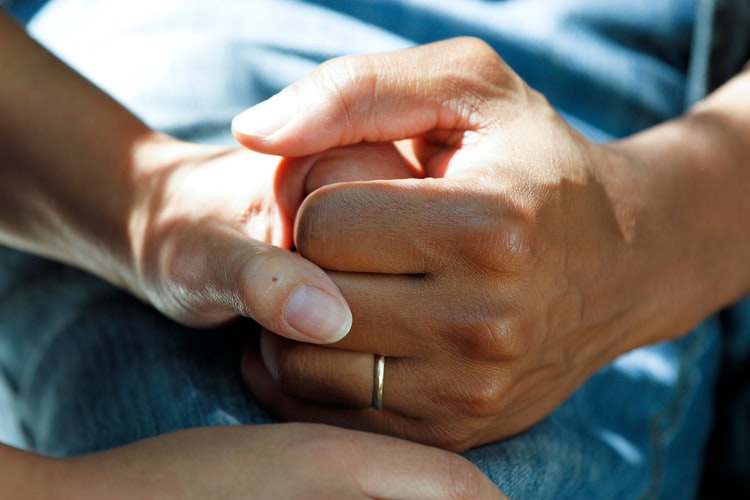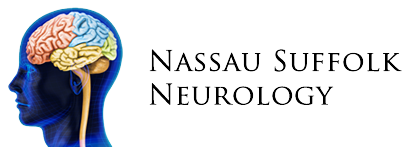What is Peripheral Neuropathy?

The major role of the peripheral nervous system or PNS is to allow for the Central nervous system or CNS to be connected with the organs, muscles, and skin. This allows the CNS to send and receive messages constantly. Our CNS being able to communicate with all parts of the body is crucial because it is what allows us to react to different stimuli. When an issue begins to affect your peripheral nervous system it can lead to an array of different issues. If the PNS is damaged in any way you may develop peripheral neuropathy which can make everyday life difficult. If you believe you are experiencing a neurological issue you should seek help from a neurologist. Dr. Adamo at Nassau Suffolk Neurology, who can provide the care that you may need.
What is Peripheral Neuropathy?
Peripheral neuropathy is when there is damage taken to the nerves of the PNS which often causes shaking or trembling in the hands and feet among other symptoms. A neurologist can help to determine what the cause of your peripheral neuropathy may be.
Symptoms
The symptoms you experience from peripheral neuropathy all depend on what kind of nerves are being affected by your condition. The different kinds of nerves are:
- Sensory Nerves: These are the nerves that send signals for temperature, vibrations or pain from the skin.
- Motor Nerves: These nerves receive signals for muscle movements.
- Autonomic Nerves: These nerves control things like bladder control and heart rate.
Some signs and symptoms of peripheral neuropathy may include:
- A tingling or prickly feeling in your hands and feet that can gradually move up your extremities.
- Severe sensitivity to touch.
- Experiencing pain during activities that shouldn’t be painful.
- A weakness of muscles.
- Trouble with coordination and falling.
- Feeling as though you are wearing sock or gloves when you are not.
- If motor nerves are affected you may experience paralysis.
- If autonomic nerves are damaged symptoms that may be experienced include:
-
- Intolerance to heat.
- Issues with sweating too much or not at all.
- Issues with digestion or bowels.
- Dizziness or lightheadedness.
Causes
Peripheral neuropathy can be caused by a wide variety of things including:
- Traumatic injuries like car accidents or falls.
- Infections that may damage your nervous system.
- Problems with metabolic processes.
- Exposure to toxins.
- Alcoholism.
- Medications like chemotherapy.
- Vitamin deficiency.
Several health conditions can lead to peripheral neuropathy. These conditions include:
- Autoimmune Diseases: Rheumatoid, lupus, Guillain-Barre syndrome.
- Tumors: Growths develop and can press on the nerves.
- Inherited disorders.
- Bone Marrow Disorders: Lymphoma, myeloma, monoclonal gammopathies.
- Diabetes.
Nassau Suffolk Neurology
If you have begun to experience any of the above symptoms or have any of the above conditions you may want to seek out a neurologist for help. Peripheral neuropathy can make everyday life an issue. From moving around during the day to sleep at night and everything in between you may be experiencing painful sensations that are damaging your quality of life. If you want to improve or alleviate yourself of this discomfort coming to Nassau Suffolk Neurology may be just what you need. Dr. Adamo has the expertise you need to receive a correct diagnosis and an effective treatment plan. If you need a neurologist don’t hesitate to contact us today!
